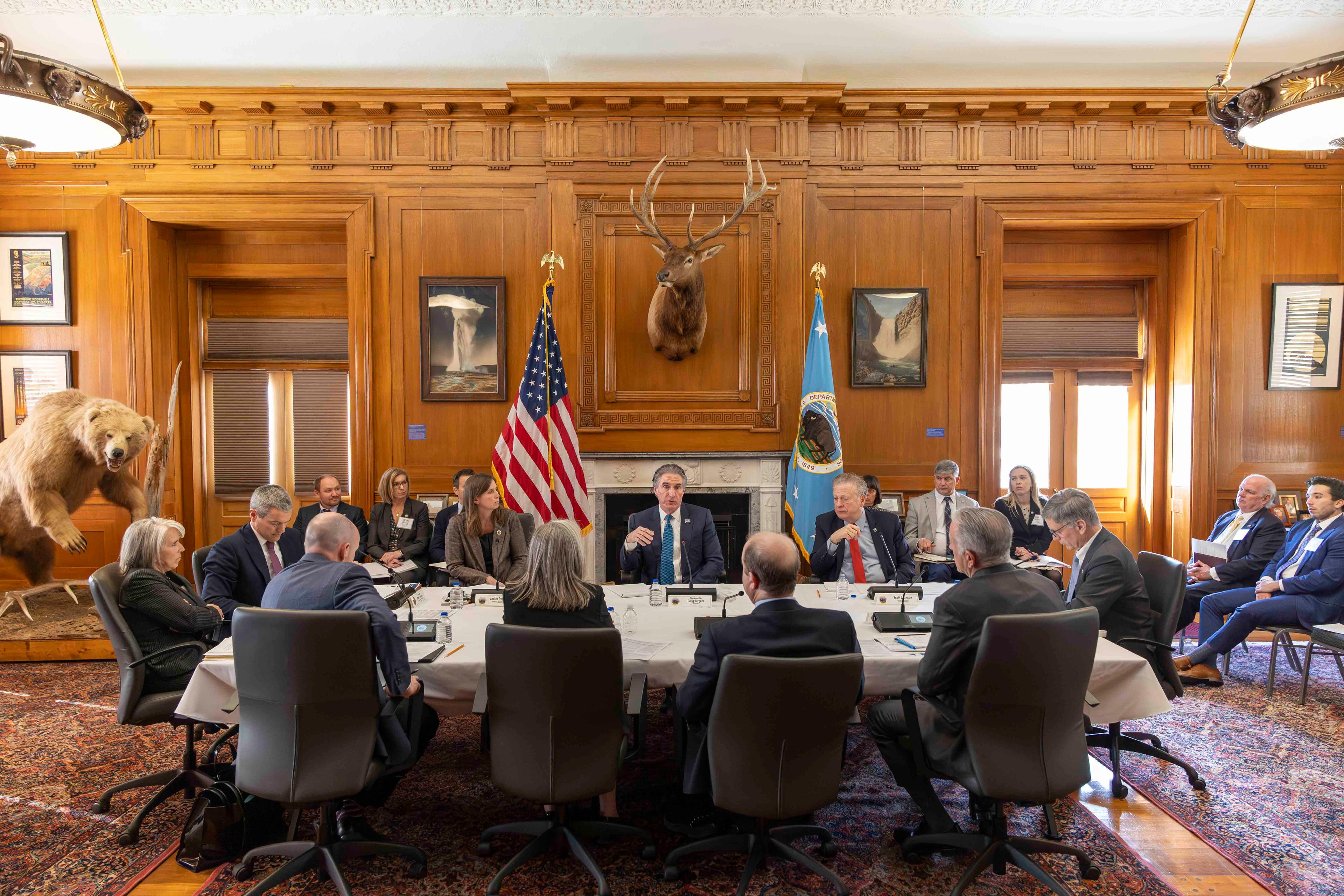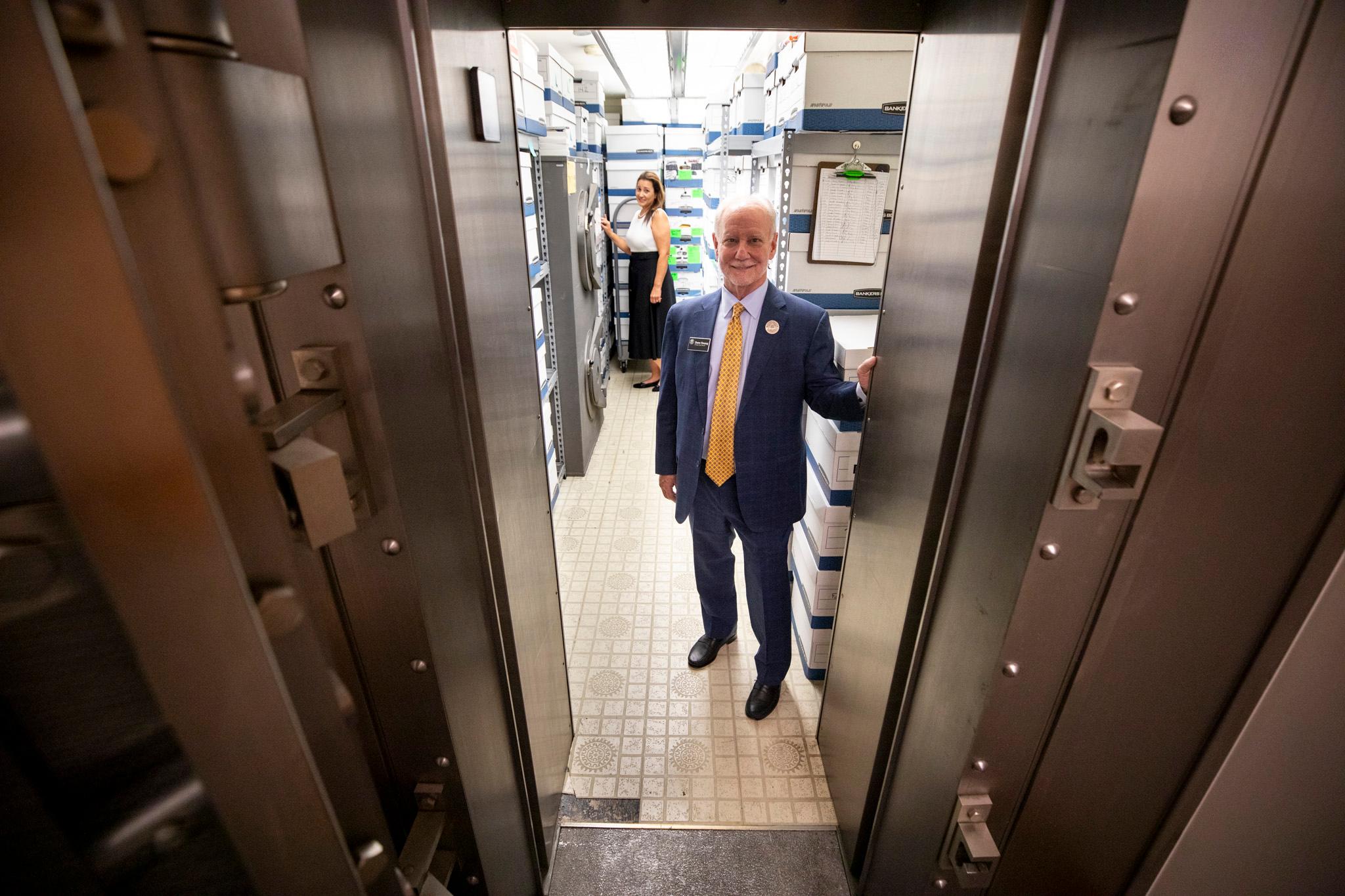
Inside the State Capitol, tucked away in a non-distinct office, is a reinforced door worthy of a bank vault, the only entrance to a relatively small storage room lined with white cardboard boxes on either side.
This rather unassuming space is packed with lost treasures belonging to generations of Coloradans. Some of it might even be yours.
There are small gold bars worth $45,000 each and an antique 6.4-carat yellow gold diamond ring, a Lou Gehrig baseball card and lots of gold coins. But the vast majority of the $2 billion in unclaimed property held by the state isn’t old treasures — it’s usually things like abandoned bank accounts and unclaimed tax refunds.
Unlike some of the things it contains, Colorado’s Unclaimed Property Fund isn’t actually all that old. Lawmakers set it up in the late 1980s as a consumer protection effort. The idea is the state takes custody of dormant assets, but it can’t just take them. It has to try to give them back to their rightful owners.
Critics say Colorado could be doing more on that front. And with such a large amount of money in state custody, the fund has become an increasingly attractive target for cash-strapped state lawmakers, as they try to shore up a tight budget and pay for services they view as critical and in danger of being cut or underfunded.
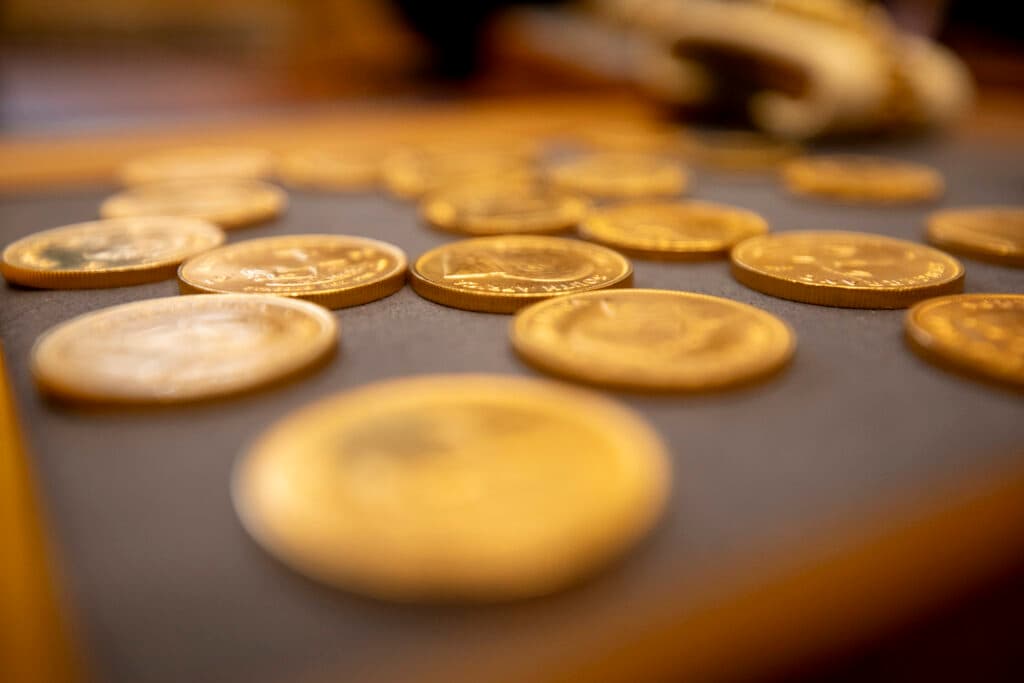
Convincing people it’s not a scam
Every state has something like the Unclaimed Property Fund, which in Colorado also goes by the nickname “The Great Colorado Payback.” The website missingmoney.com allows people to look for lost assets in any state they may have lived. But one of the first hurdles these funds have is convincing people it’s all legit.
“In this day and age of identity theft and fraud and everything, I understand why people kind of wonder. And then it's really our job by statute to make sure that we are getting this to the rightful owner,” said Colorado Treasurer Dave Young.
For actual physical items, they’ll send letters to possible owners. But for every hundred the office mails out, the state said they only get a handful of responses.
“Maybe ten if we're lucky, that will come back to try to claim it. So it's a little bit frustrating, but it's rewarding for those who we can get back,” said Bianca Gardelli, the Director of the Unclaimed Property Trust Fund.
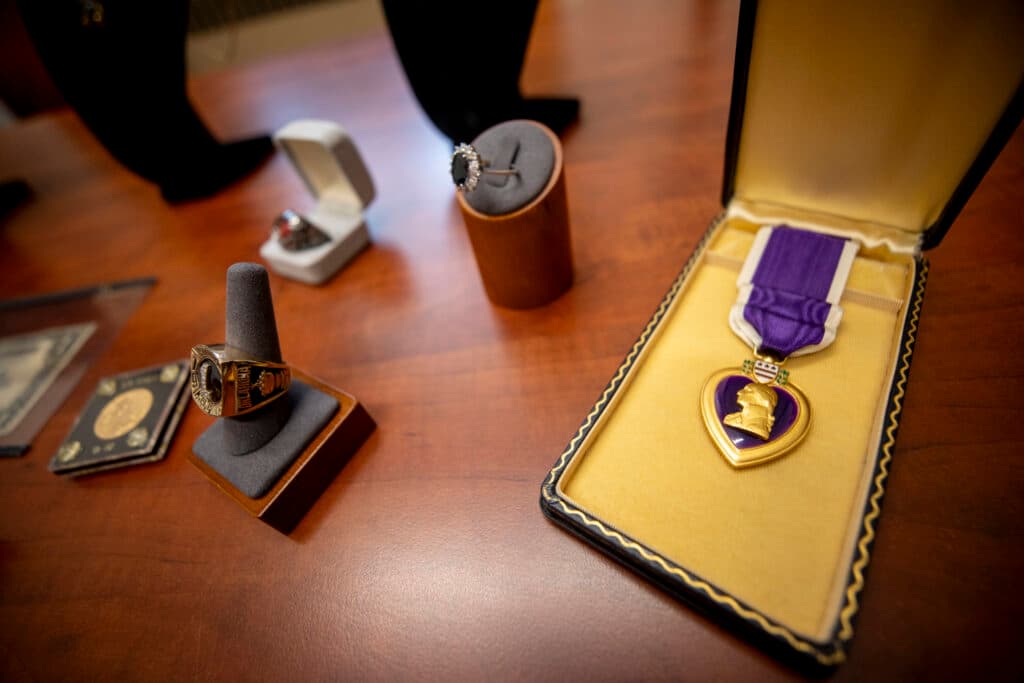

For a more proactive approach, people can search their name in a database at the Treasurer’s website and get exact dollar amounts for claims under $250 (larger amounts are just listed as being over $250). The process of getting a hold of that money can take minutes or months or years, depending on the claim.
“Sometimes it can be a Social Security Number or some other personal information that verifies that they are the actual owner, but you can understand why people would go … ‘I'm not going to give you information,’” said Young.
The state returned 86,000 claims last year, valued at a total of $79.9 million, according to the Treasurer’s Office, 12,000 more than the year before. Young says over the years, the claims process has improved significantly, using updated technology to reach people and process information.
“I think sometimes people say, ‘well, you're not getting this money back,’ but we're really always looking for novel and effective ways to get money and property back to people,” said Young.
But for not-so-simple claims, it can be an arduous process.
“My husband passed away, it’s going on eight years, and there was something in a bank account that was actually a joint account. And so I went in and filed a claim,” said Nissa Oldefest, 74.
The Denver resident spent roughly a year trying to prove her claim to the $800. She said it’s money she could really use.
But Oldefest said she just kept going back and forth with the state treasurer’s office. She sent tax information, probate will, and social security documents
“They wanted a scan thing of my Colorado driver's license, which I sent to them. And then they wanted proof that I lived where we lived before we got married. And it was a townhouse that I owned 30-some odd years before.”
She managed to track that down, but then the state said her estranged adult son would have to sign a form because he is listed on one of the accounts. Unable to get that, her claim was denied. Oldefest said she’s decided to give up on recovering any of the money.
“I figured there's nothing that I can give them that's going to prove (my claim). They're always going to come up with something that I don't have access to, she said. “I'm fairly, for my age, fairly computer savvy, and so I was able to find stuff, but if it was somebody who didn't really know how to access things, then they probably given up a long time before.”
The Treasurer’s Office said the average claim takes 11 days to resolve but more complex ones — like business claims involving multiple parties — may require significant staff research and additional documentation. The office said those represent about 5 percent of claims.
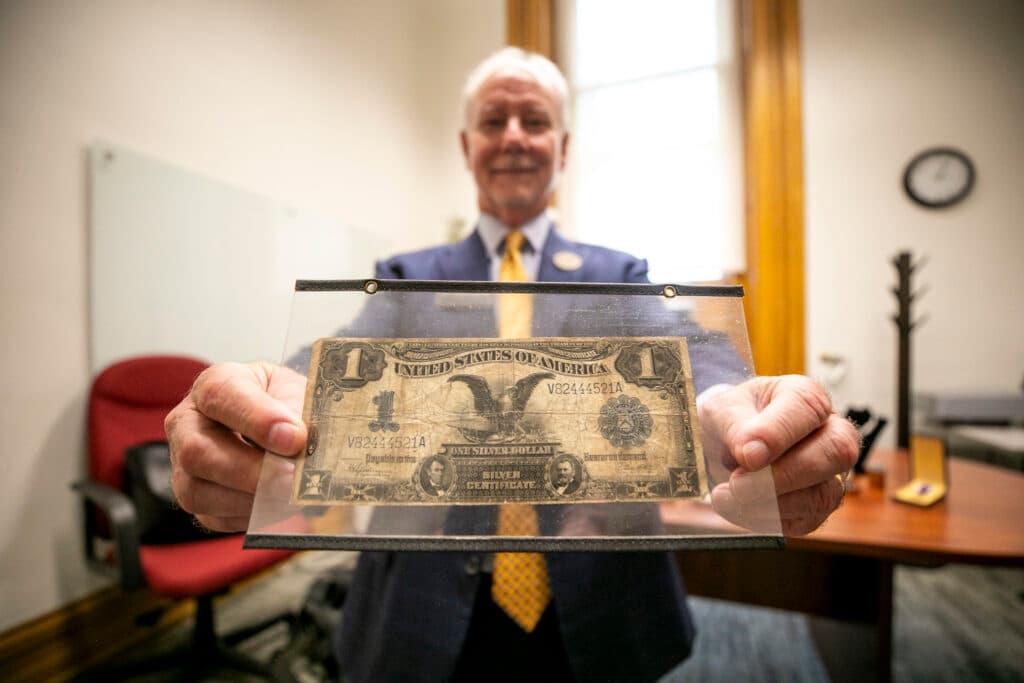
Reform efforts
For the most part, getting property back from the state is the responsibility of the claimant. But critics say it doesn’t have to be that way.
Ron Lizzi, an unclaimed property reform advocate based in Connecticut, has worked with a number of states to try and improve their return rates. He said in a lot of cases, the states already have the individual’s information and could return the funds proactively, without them needing to file a claim.
"In my view, all states should be returning this money automatically,” said Lizzi. “What that would entail is using data that they have on their citizens, their businesses, nonprofits… to return what they reasonably can."

He said one barrier is the lack of data-sharing among state agencies, out of privacy reasons. He points to Wisconsin, which tried to address that problem by moving the state’s unclaimed property fund into the Department of Revenue.
“So if you have unclaimed property, they look you up in their tax data to see if you paid taxes within the past year, and if you did and you owe back taxes, they take your money. If you don't owe back taxes, they send you a check, and that's the way it ought to work,” said Lizzi.
The Treasurer’s Office said they are also working to expand the number of automatic returns and sent out 264,000 proactive claim last year notices via checks and emails.
“Our ability to expand proactive checks depends on additional funding from the legislature to cover increased mailing expenditure,” the office said in an email to CPR News. “We are also exploring alternative solutions, such as direct deposits, for easily verifiable claims.”
Lizzi would also like to see states move away from overly burdensome requirements for reclaiming funds, such as requiring notarization on forms.
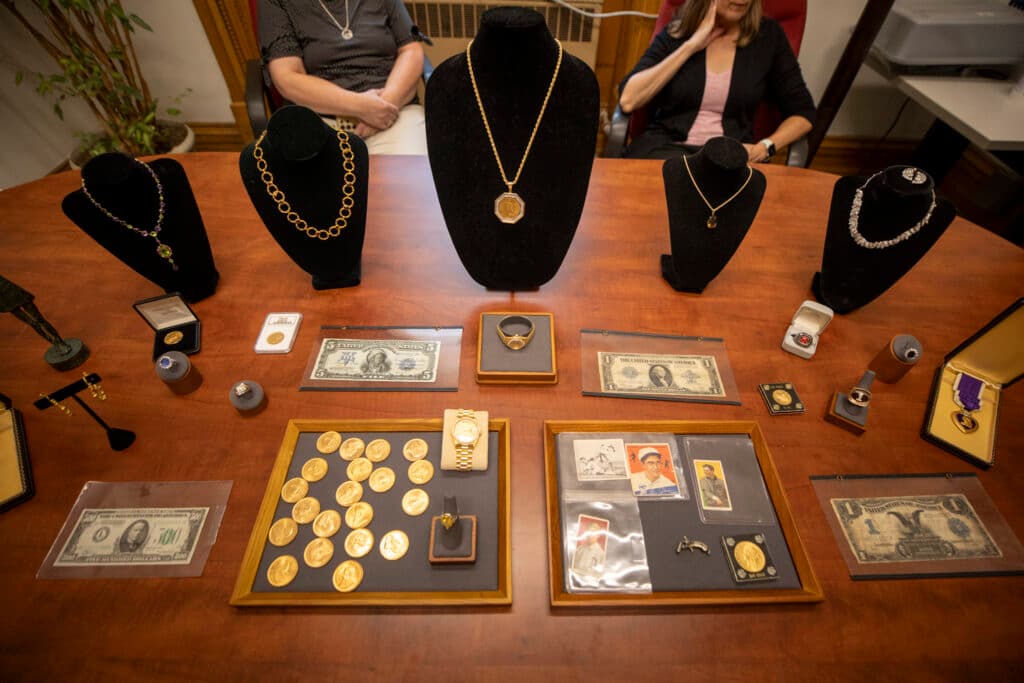

The courts are also being asked to weigh in on whether Colorado should be doing more to get people’s money back to them.
In 2022, two men from Fremont and El Paso counties filed a lawsuit arguing Colorado didn’t do enough to notify them before taking possession of their property and that it's too quick to designate property as unclaimed. The lawsuit also claims that the state’s practice of, at times, auctioning off physical assets and holding the proceeds in trust for claimants is an unconstitutional taking.
The suit is still working its way through the courts, with the plaintiffs seeking class action status to cover everyone with property in Colorado’s fund.
The state notes that the two men successfully searched for their property on the website, even if they didn’t get a proactive notice about it, and that if they would just use the established claims process, it would all work smoothly.
Colorado isn’t the only state where these questions are coming up. A federal lawsuit in Ohio seeks to block a plan to take ownership of certain unclaimed property to the tune of $1.7 billion and earmark it for a stadium renovation for the Cleveland Browns. The federal constitutional claims in that case could have impact on how funds operate in Colorado and states across the country,
Eyes on Colorado’s fund
Colorado’s unclaimed property fund has been an attractive target for lawmakers. In the last twenty years, the state has used more than $600 million from the fund to pay for programs, according to the Treasurer’s office.
This spring, the legislature weighed several proposals to dip into the fund in different ways.
“That money's been there for years and it's just sitting there and collecting interest rates,” said Democratic Rep. Junie Joseph. She had a bill that would have borrowed $50 million for energy efficiency measures. “And all we were doing is borrowing some of it so that we can further our decarbonization goals and we're going to return that money back to the Unclaimed Property Trust fund.”
That bill failed, in part because Treasurer Young pushed back. He’s skeptical of giving lawmakers a loan.
“So the dilemma we get into is the legislature really serious about paying the money back or is this just kind of a facade to get over a tough funding situation? And in fact, maybe it never gets paid back,” he said.
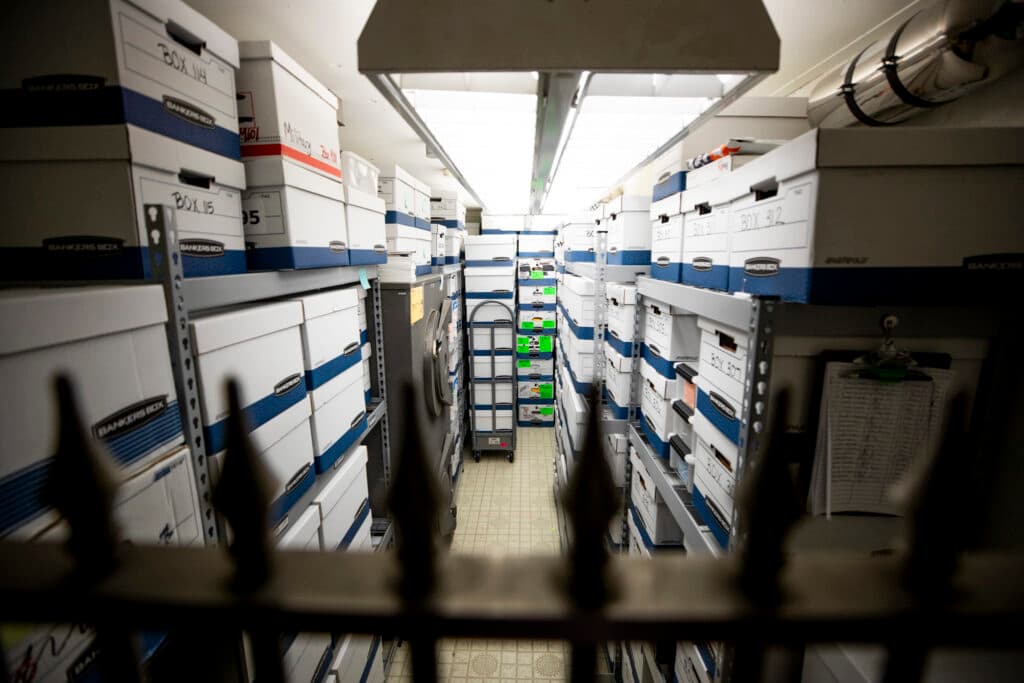
One effort that did pass last session was a bipartisan proposal to borrow some of the interest earned by the fund’s investments to help shore up safety net healthcare providers. Democratic Sen. Kyle Mullica was one of the sponsors.
“I think when you're in difficult positions and budgetary positions, that you do have to make decisions and you have to make sure that we're doing all that we can to take care of the people of Colorado,” said Mullica.
The Treasurer expects even more attempts to use money from the fund next session. And he understands the temptation. When Young was a state lawmaker, before winning his current position, he too voted for bills that transferred money from the unclaimed property trust fund.
But his office said his knowledge of the fund evolved over the years, and now he understands it comes with legal and financial risk and isn’t a stable revenue source.
State economists project significant budget shortfalls due to growing state expenses and a major revenue hit from the federal tax cuts and spending bill. That said, Young reiterates that doesn’t want lawmakers to see the unclaimed property fund as a solution. As he notes, this is not free money; it does belong to someone.
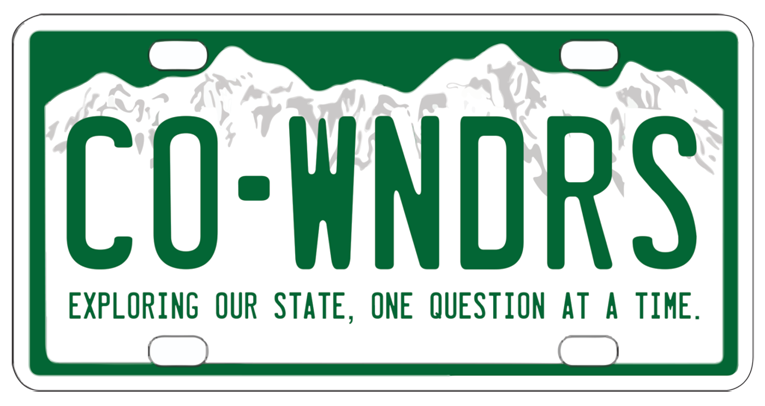
Colorado Wonders
This story is part of our Colorado Wonders series, where we answer your burning questions about Colorado. Curious about something? Go to our Colorado Wonders page to ask your question or view other questions we've answered.






